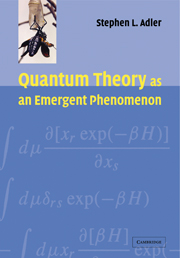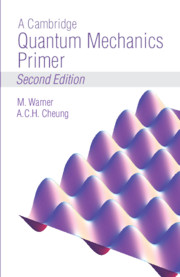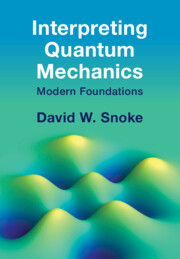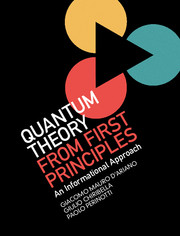Quantum Theory as an Emergent Phenomenon
Quantum mechanics is our most successful physical theory. However, it raises conceptual issues that have perplexed physicists and philosophers of science for decades. This 2004 book develops an approach, based on the proposal that quantum theory is not a complete, final theory, but is in fact an emergent phenomenon arising from a deeper level of dynamics. The dynamics at this deeper level are taken to be an extension of classical dynamics to non-commuting matrix variables, with cyclic permutation inside a trace used as the basic calculational tool. With plausible assumptions, quantum theory is shown to emerge as the statistical thermodynamics of this underlying theory, with the canonical commutation/anticommutation relations derived from a generalized equipartition theorem. Brownian motion corrections to this thermodynamics are argued to lead to state vector reduction and to the probabilistic interpretation of quantum theory, making contact with phenomenological proposals for stochastic modifications to Schrödinger dynamics.
- A fascinating approach to foundation issues in quantum theory by the world expert
- Explains the quantization rules and probability interpretation
- Develops in detail a generalization of classical and quantum dynamics
Product details
July 2009Paperback
9780521115971
240 pages
244 × 170 × 13 mm
0.39kg
Available
Table of Contents
- Acknowledgement
- Introduction and overview
- 1. Trace dynamics: the classical Lagrangian and Hamiltonian dynamics of matrix models
- 2. Additional generic conserved quantities
- 3. Trace dynamics models with global supersymmetry
- 4. Statistical mechanics of matrix models
- 5. The emergence of quantum field dynamics
- 6. Brownian motion corrections to Schrödinger dynamics
- 7. Discussion and outlook
- Appendices
- References.





